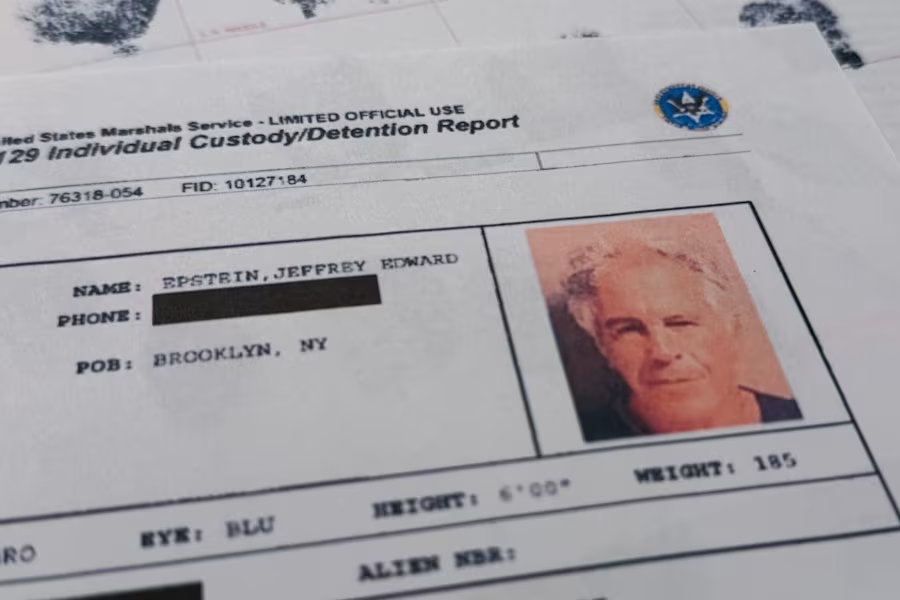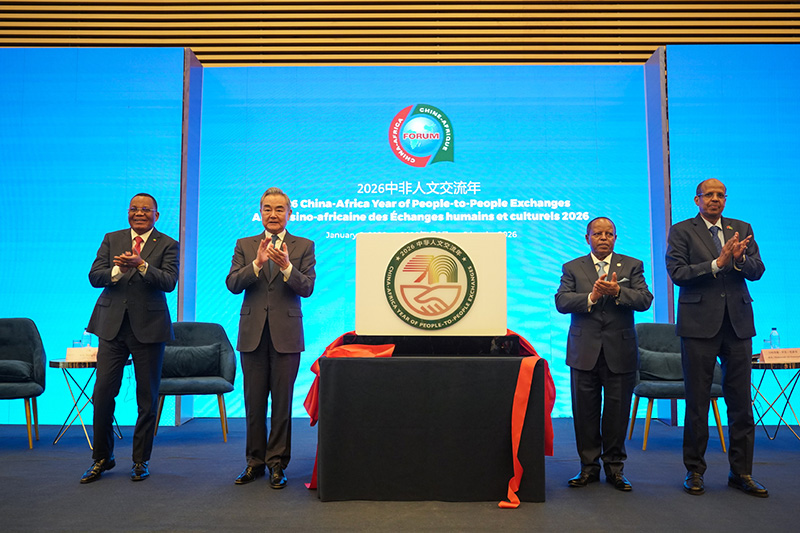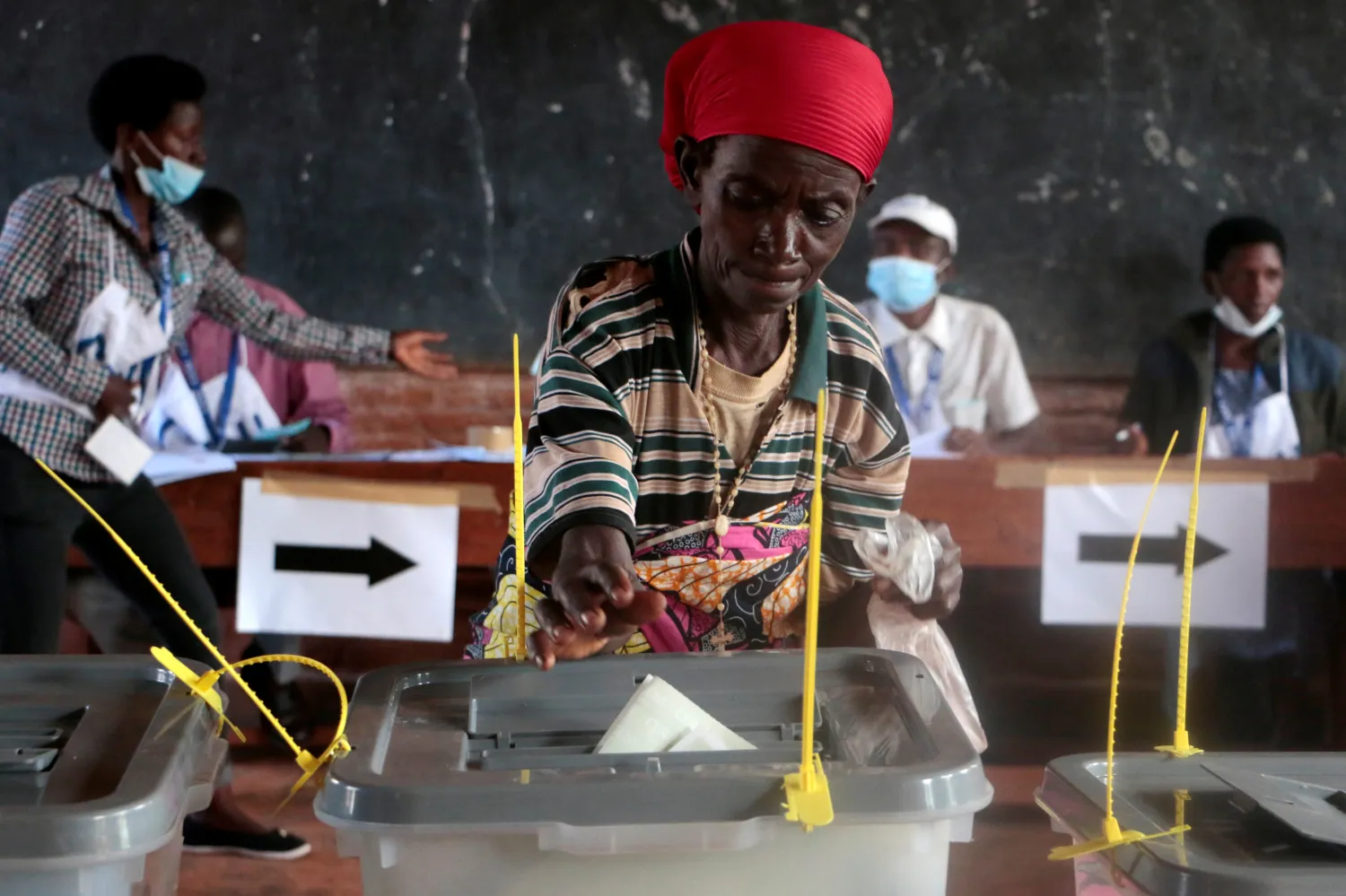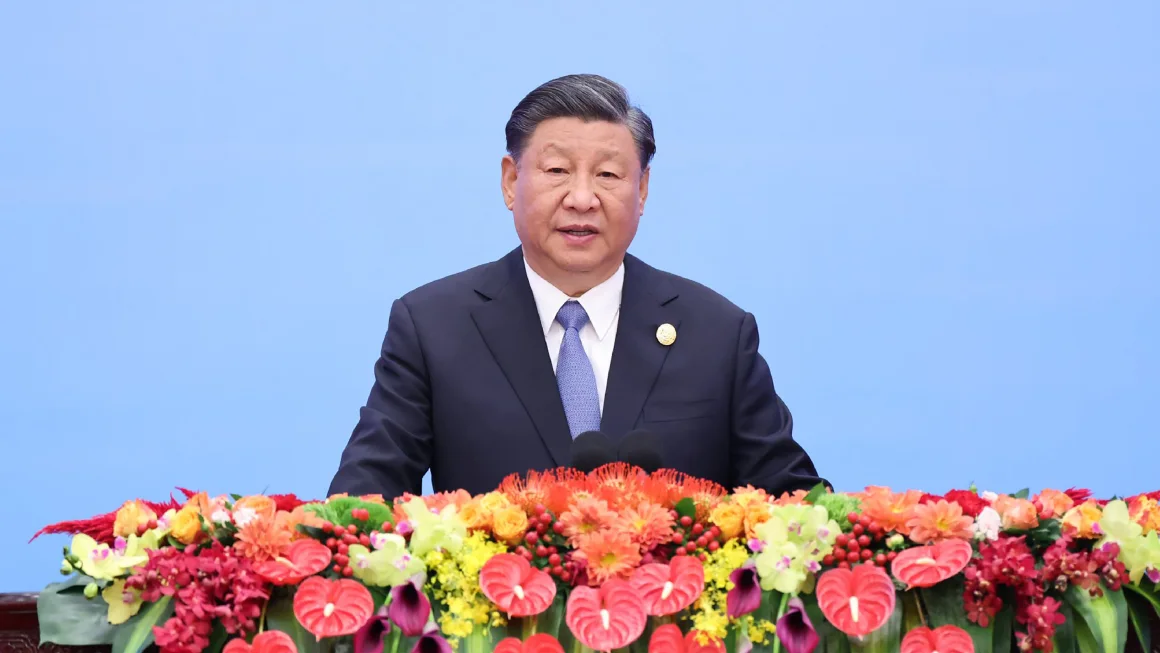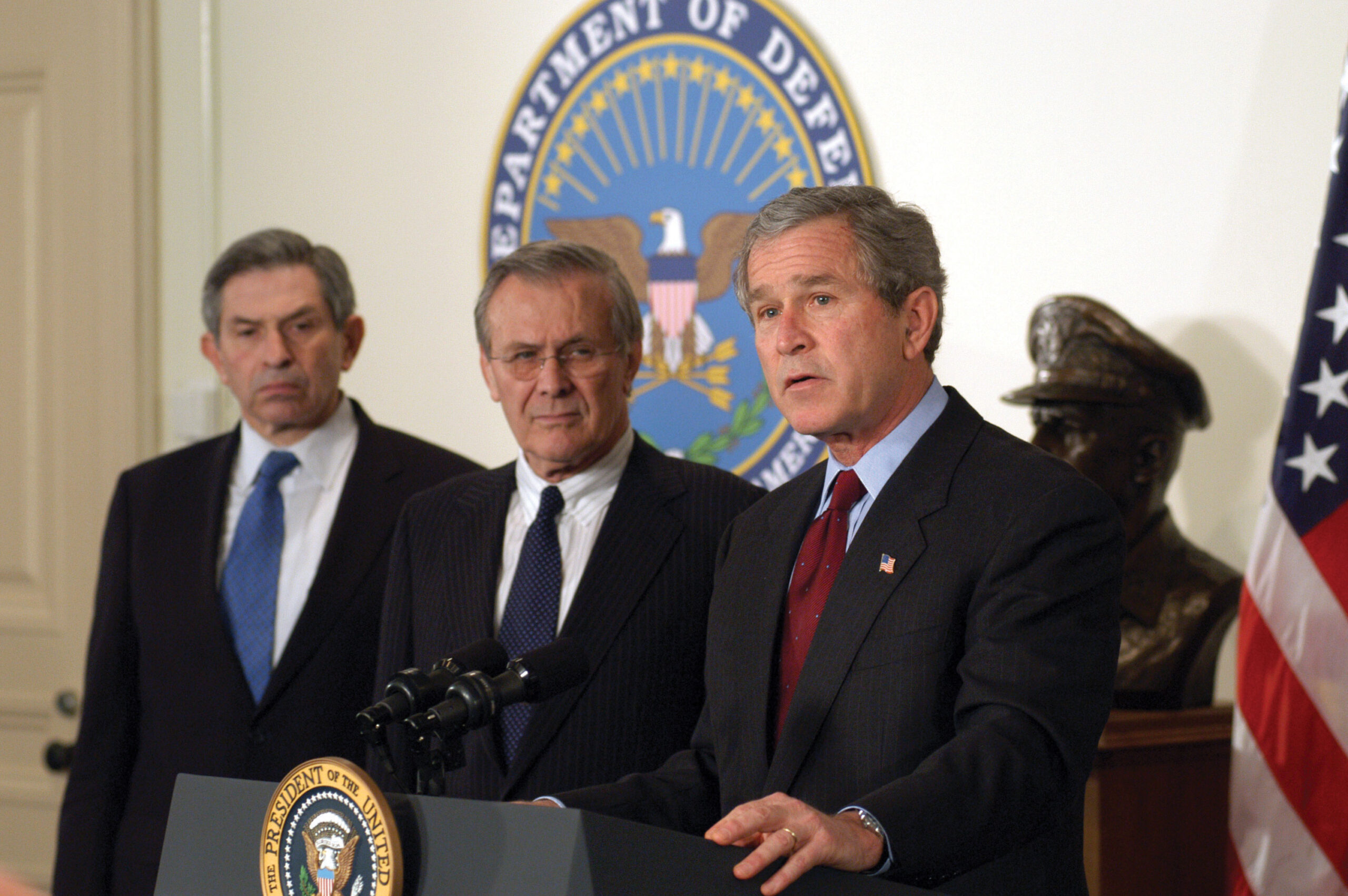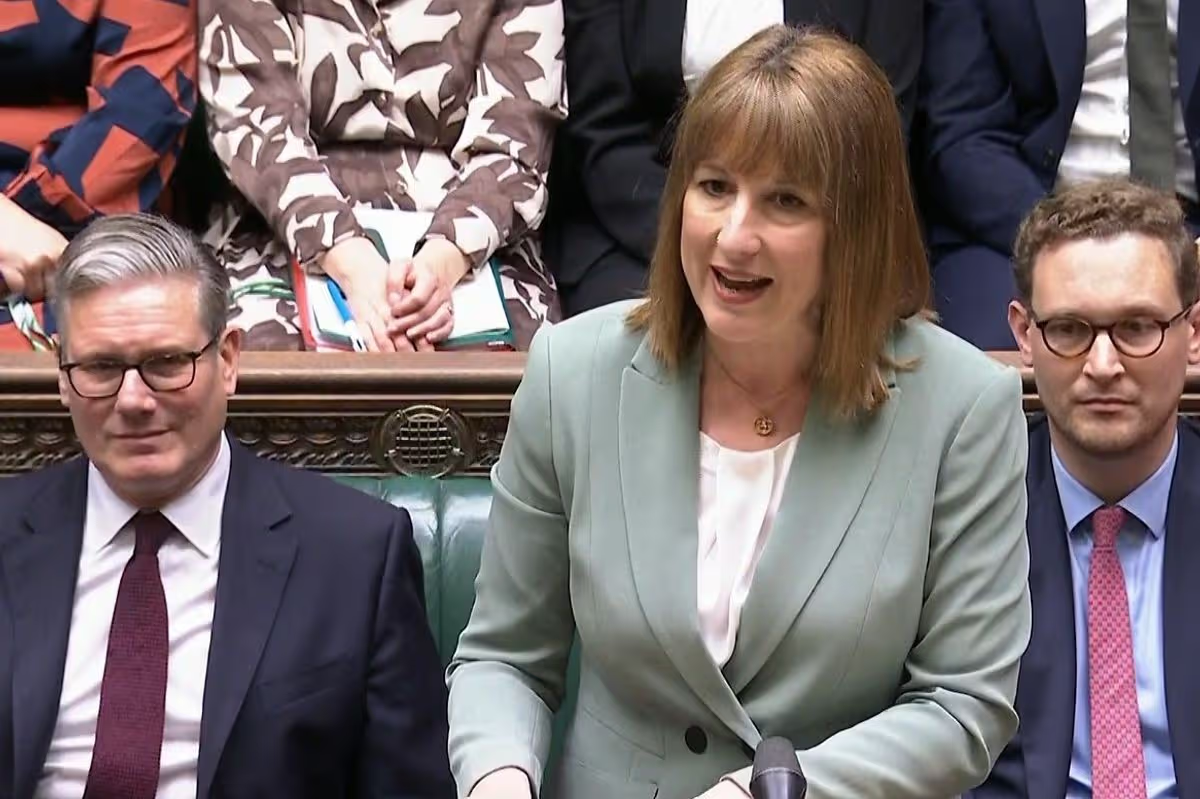In an important move to ensure uninterrupted public service, the U.S. Medicare Agency has brought back furloughed employees to assist with the nation’s critical open enrollment period. The decision comes at a time when millions of Americans are evaluating their Healthcare and Pharmaceuticals coverage options for 2025, amid rising costs and ongoing policy debates.
This recall reflects the government’s efforts to maintain stability in the healthcare system during a time of fiscal challenges and increasing public demand.
The Context: Open Enrollment and Its Importance
Each year, the Medicare open enrollment period allows beneficiaries primarily seniors and individuals with disabilities to review and modify their insurance plans. This process ensures that Americans can select the most affordable and comprehensive coverage available.
However, the recent government funding disputes and temporary furloughs had raised concerns about potential disruptions in service. To prevent delays in processing applications and responding to inquiries, the Medicare Agency acted swiftly to reinstate key staff members.
The move underscores how crucial administrative continuity is in supporting both the Healthcare and Pharmaceuticals sectors, which rely on Medicare operations to manage patient care and prescription coverage efficiently.
Impact on the Healthcare System
Bringing back furloughed staff ensures smoother communication between Medicare recipients and providers. Many healthcare facilities depend on timely updates from the agency to process claims, authorize treatments, and manage patient data.
The recall helps:
- Reduce call center backlogs for Medicare inquiries
- Prevent administrative delays in coverage renewals
- Support healthcare providers who depend on accurate, real-time information
With millions of seniors depending on Medicare for their medical needs, uninterrupted service is critical to maintaining confidence in the Healthcare system.
Effect on the Pharmaceuticals Sector
The Pharmaceuticals industry is also directly affected by Medicare operations, especially when it comes to prescription drug coverage under Medicare Part D. Any disruption in staffing could lead to delays in drug plan approvals, price updates, or patient reimbursements.
By recalling furloughed workers, the agency helps ensure that:
- Drug plan comparisons remain updated for consumers
- Price transparency tools function effectively
- Beneficiaries continue receiving life-saving medications without delay
This continuity not only protects patients but also supports pharmaceutical companies, pharmacies, and insurance providers that depend on Medicare coordination for efficient drug distribution and policy compliance.
Broader Economic and Political Implications
The move to bring back furloughed Medicare employees comes amid broader discussions about government spending and fiscal responsibility. Lawmakers remain divided on how to balance the federal budget without jeopardizing essential programs like Medicare and Medicaid.
The decision also highlights the interconnected nature of the U.S. economy where operational interruptions in a federal agency can quickly ripple across industries like Healthcare and Pharmaceuticals.
Economists warn that prolonged furloughs not only delay services but can erode public trust in the government’s ability to manage critical systems. Restoring staff was therefore seen as a necessary step to preserve both service quality and national confidence.
Voices from Experts and Advocates
Health policy experts have praised the Medicare Agency’s quick action. Senior advocacy groups like AARP emphasized that returning staff to work ensures that millions of older Americans can make informed decisions about their coverage without facing confusion or delay.
Industry analysts also note that the recall provides temporary stability but caution that long-term solutions are needed. “The healthcare system can’t afford to rely on emergency fixes,” said one policy advisor. “We need consistent funding and better digital infrastructure to prevent future disruptions.”
Looking Ahead
As open enrollment continues, the Medicare Agency’s actions are expected to improve customer service efficiency and safeguard access to essential medical and drug benefits.
In the longer term, policymakers must find sustainable ways to support the Healthcare and Pharmaceuticals industries, ensuring that federal services remain resilient even in times of political or economic uncertainty.
The return of furloughed staff is a short-term solution but it reflects a broader commitment to maintaining quality, continuity, and trust in public health programs that millions of Americans rely upon.
Conclusion
The recall of furloughed Medicare employees during open enrollment serves as a timely reminder of how closely government operations are tied to public well-being. For millions of seniors and patients nationwide, efficient Medicare services mean uninterrupted access to care and affordable prescriptions.
By reinforcing its workforce, the Medicare Agency not only stabilized the open enrollment process but also strengthened confidence in the nation’s Healthcare and Pharmaceuticals systems.
As America continues to navigate fiscal challenges, this decision proves that timely action guided by compassion and accountability remains essential to protecting public health.



